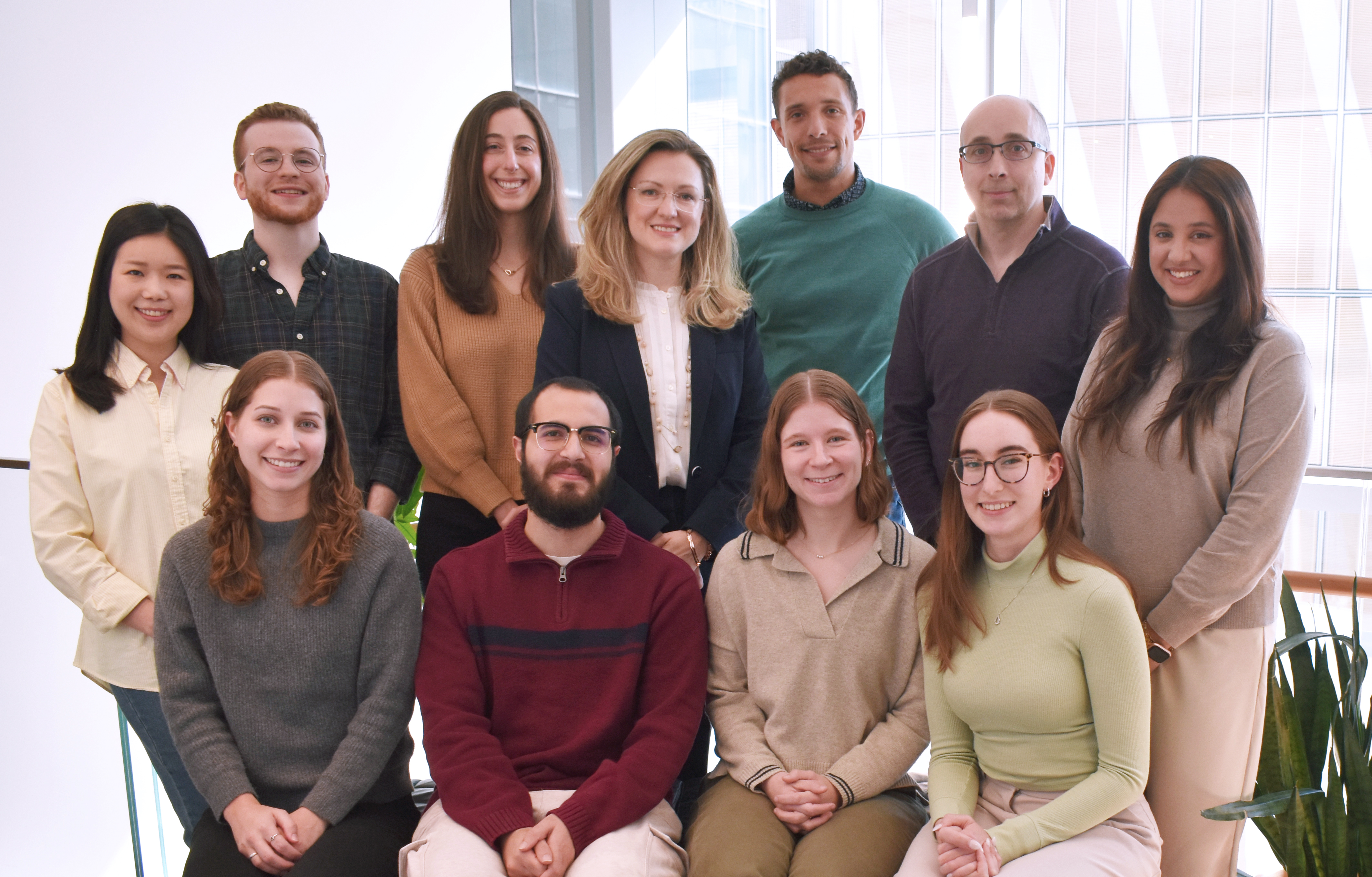
Orr laboratory (@orrlaboratory.bsky.social) — Bluesky
The Orr lab investigates molecular mechanisms of neurodegenerative disorders and the roles of glial cells in pathology and cognitive processes. We focus on astrocytes and how maladaptive astrocytic changes influence synaptic impairments, proteinopathy, cognitive decline, and other processes linked to aging and dementia. Among our diverse projects, we are exploring how mitochondrial production of free radicals is regulated and impacts disease cascades, how changes in immunometabolic pathways affect brain health and vulnerability to disease, and how astrocytic G protein-coupled receptors control cognition and behavior. Through these investigations, the Orr lab addresses fundamental and translational questions in glial neurobiology and is uncovering new avenues for effective therapeutics to treat and prevent neurological disease.
Areas of Investigation
Our lab investigates the effects of specific factors linked to FTD and AD and explores mechanisms of astrocytic-neuronal interactions that are crucial for normal brain activities. We have a particular interest in four interrelated pathways: neuroimmune, redox, lipid-based, and G protein-coupled pathways. Using diverse approaches, the lab investigates astrocytic molecular alterations and their effects on neuronal and microglial functions and disease-related processes, including neuroinflammation, synaptic alterations, proteinopathy, and behavioral changes. In addition, the lab has parallel efforts focused on therapeutic discovery and translation of their findings into promising new treatments for dementia and other prevalent disorders of the brain.
Lab Focus
The team focuses on astrocytes and astrocytic-neuronal crosstalk in normal brain function and pathophysiological processes associated with FTD and AD. To perform our studies, we use cell cultures and animal models of disease and incorporate diverse approaches to achieve multi-level analyses of signaling pathways, cell-cell interactions, and brain function. We employ methodologies such as gene editing, chemogenetics, imaging, biochemistry, molecular biology, electrophysiology, and behavioral testing. In addition, we carry out preclinical small molecule drug design and testing to uncover new therapeutic interventions.
We are particularly interested in these key questions:
· How do astrocytes influence neuronal activities and modulate behavior and neurocognitive processes?
· What are the molecular and functional changes and roles of astrocytes in aging and dementia?
· What are the mechanisms and effects of mitochondrial free radicals in cell signaling, brain function, and disease?
· How can we therapeutically target astrocytic mechanisms to treat and prevent dementia and other neurocognitive disorders?
Lab Achievements
· Established that astrocytic ROS from mitochondrial complex III amplifies tauopathy associated with FTD and other dementias.
· Found that astrocytic production of mitochondrial ROS is site-specific, regulated by neuroimmune signaling, and causes selective changes in redox pathways and gene transcription.
· Uncovered that dementia-linked changes in astrocytic TDP-43 protein disrupt antiviral signaling pathways and cause selective neuronal vulnerability and progressive cognitive decline.
· Determined that astrocytic release of chemokines and activation neuronal chemokine receptors regulate presynaptic function and hippocampal neurotransmission.
· Discovered that astrocytic G protein-coupled receptor signaling modulates cognitive function in a bidirectional and sex-dimorphic manner.
· Identified the astrocytic glutamate receptor mGluR3 as an important regulator of spatial memory and search behavior.


